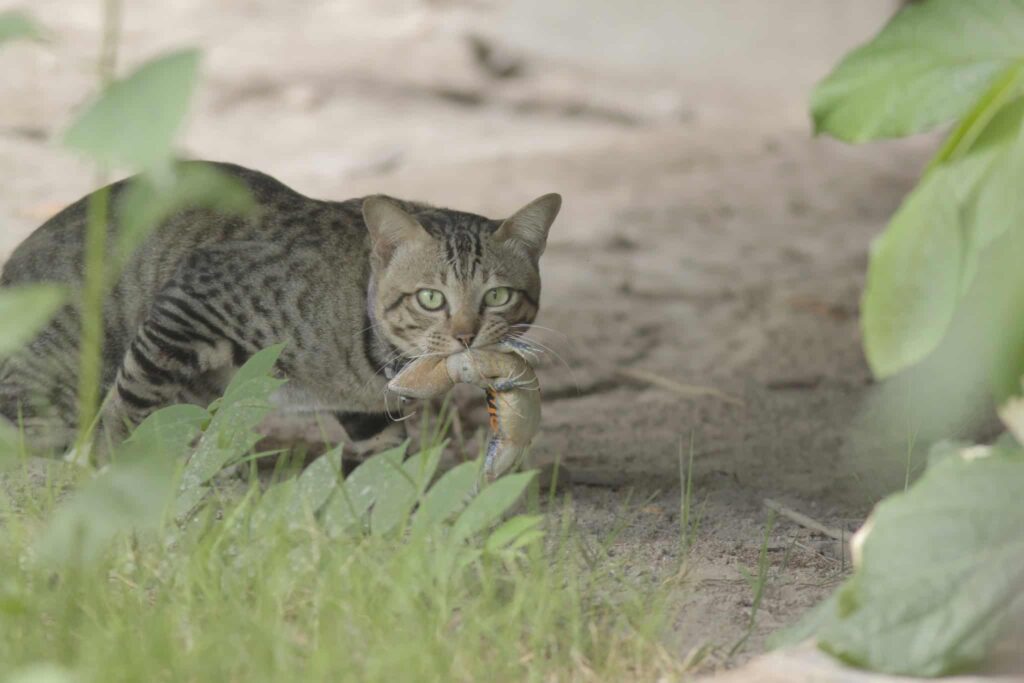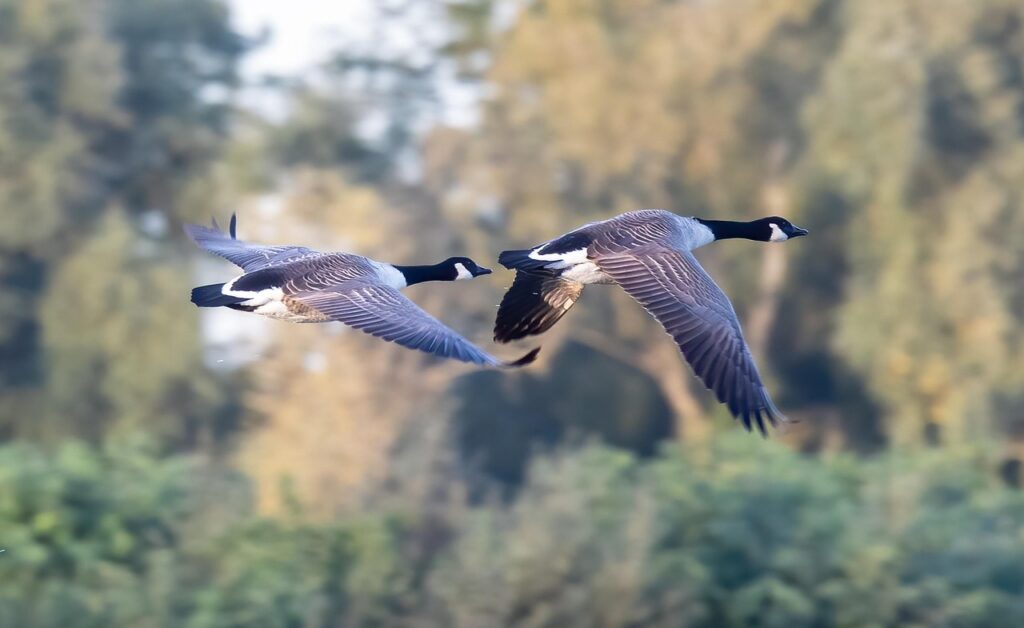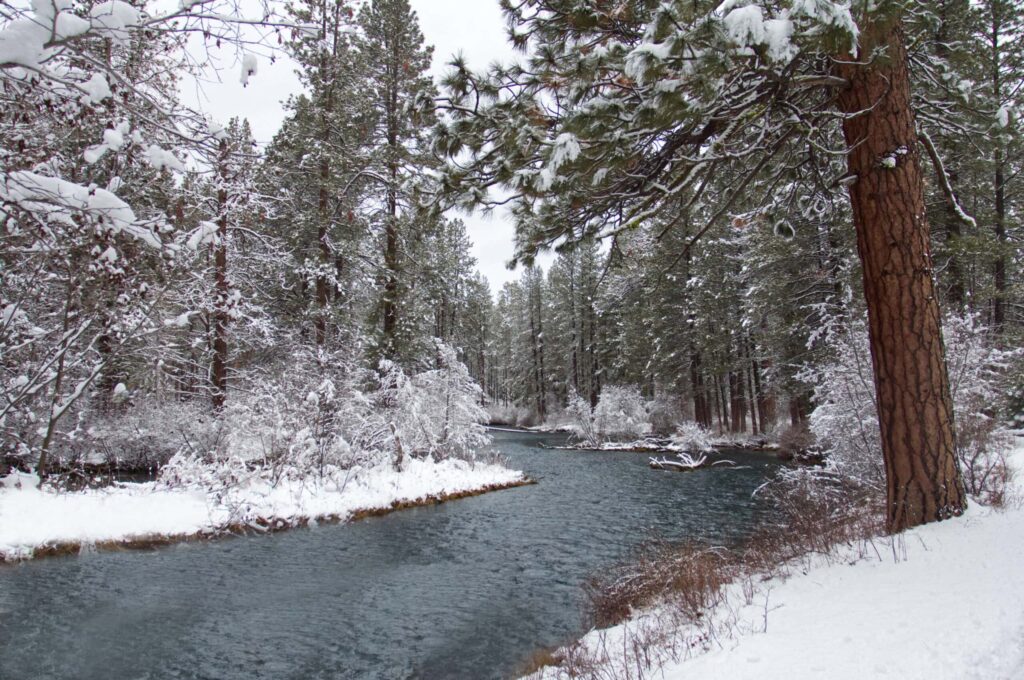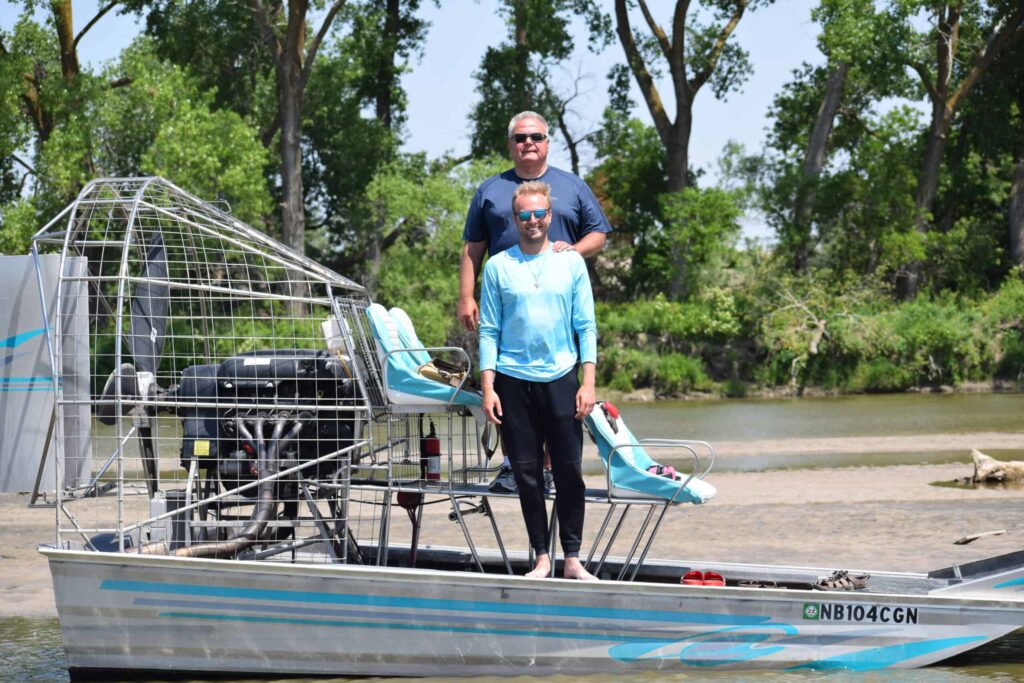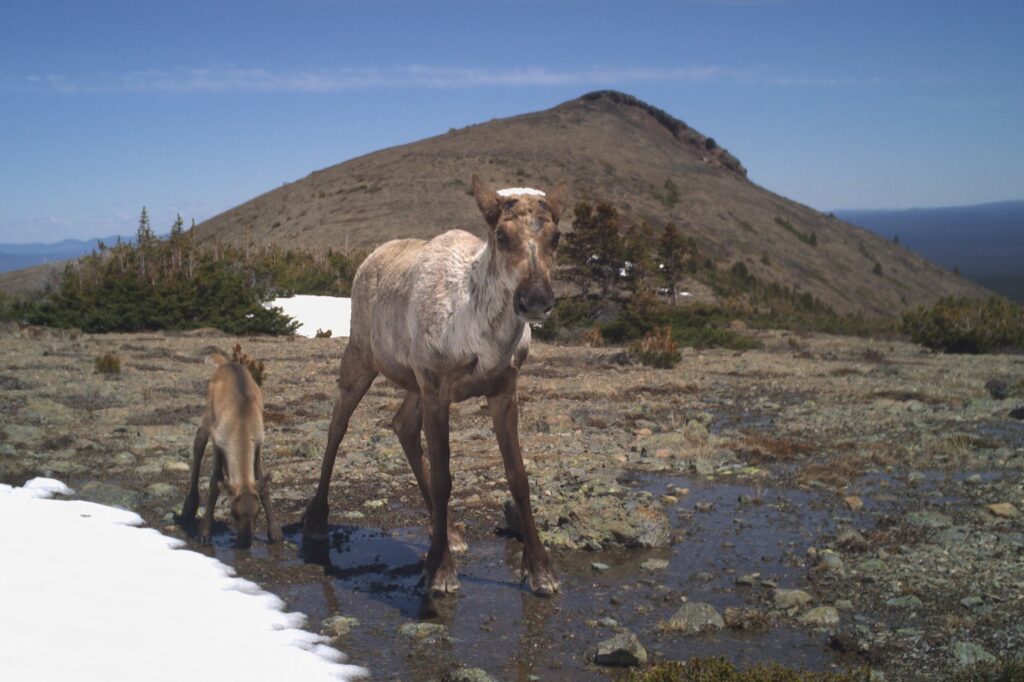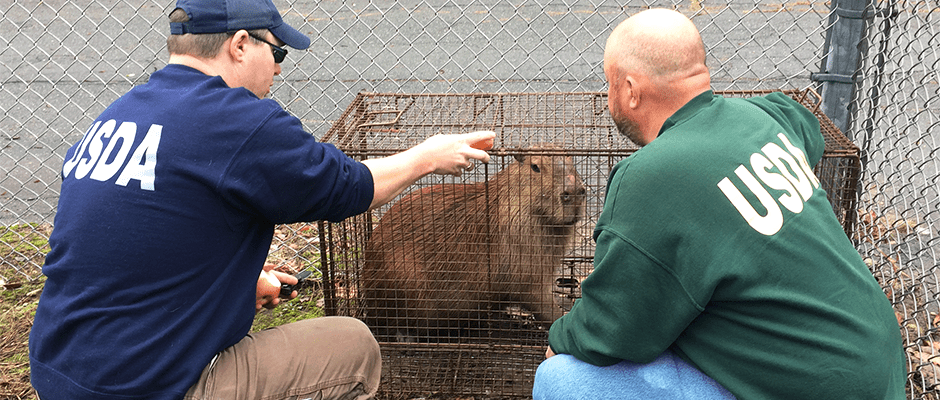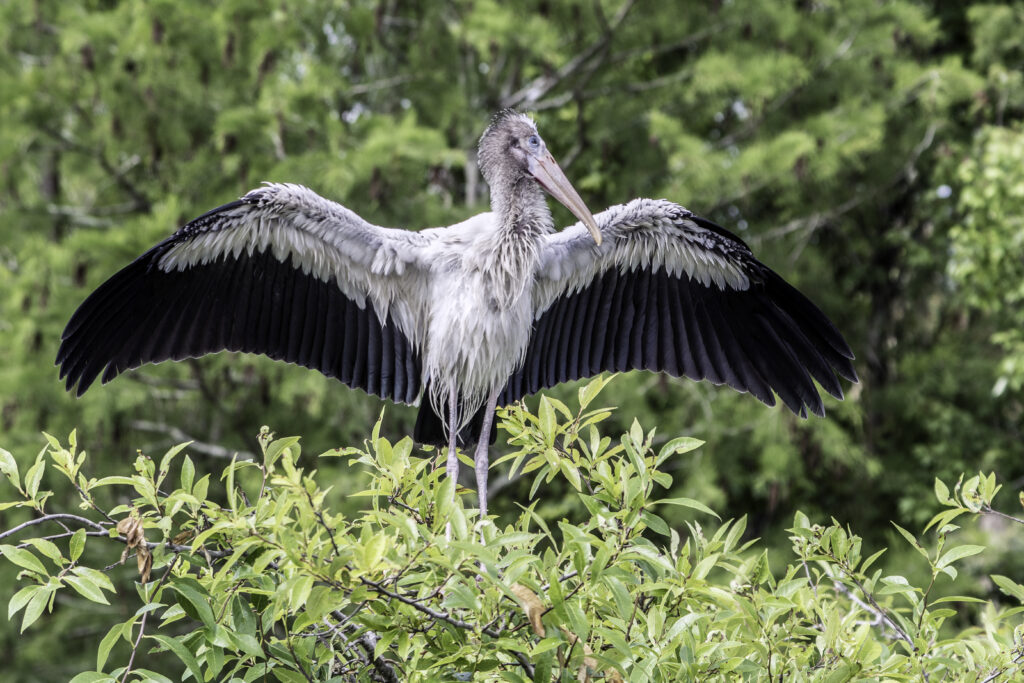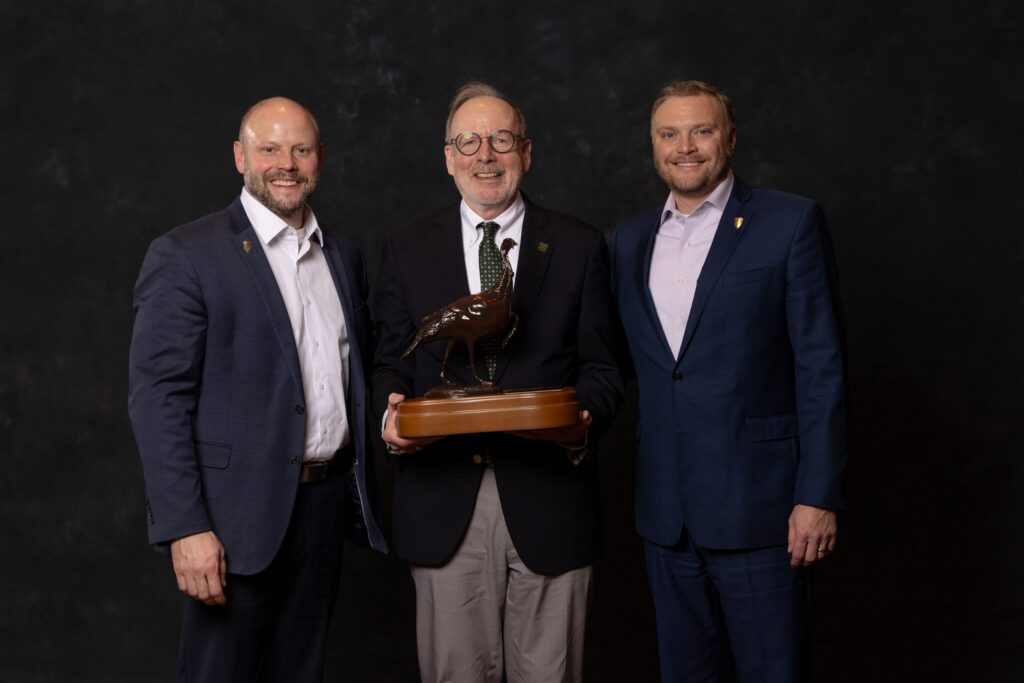In early November while conducting a wildlife survey at a western Massachusetts airbase, I was surprised to see a capybara (Hydrochoerus hydrochaeris) grazing in the grass on a secured recreational-use area of the base. Unable to take a photo before the animal disappeared behind brush, I contacted my supervisor who, understandably, questioned my report.
While awaiting his arrival, a base employee, who also had seen the South American rodent, allowed me entry with a catchpole. I hoped to get close enough to capture what I believed to be a pet or zoo animal. New England weather was quickly moving from fall to winter and could be lethal to the aquatic tropical rodent. Each time I came within 10 feet of the capybara it ran for cover.
Once on scene, my District Supervisor, Donald Wilda confirmed a zoo near the base had a female capybara missing. Its enclosure had been compromised due to recent heavy rains, allowing escape. The zoo welcomed any assistance in the capybara’s safe return.
Together, my supervisor and I attempted capture with a large net and a catch pole. Each time the animal would head toward the lake, swimming to a golf course on the opposite side. It would allow us to get within 15 feet by canoe before quickly swimming away, disappearing from sight. Recognizing it would not be caught by hand, we left and returned the next morning with a box of donated apples and two very large cage traps. With the assistance of State Director Monte Chandler and Wildlife Specialist James Streeter, we searched the shoreline and recreation area without success.
We set the traps, one with a cellular trail camera, and coordinated with base operations and golf course staff to assist in monitoring the traps. Early the following morning, the golf course superintendent reported the capybara was in the trap – of course, the one without the camera. Streeter and I responded, and returned the capybara to appreciative staff at the Lupa Zoo and her repaired enclosure.
Wildlife work is rewarding and challenging, but this capybara capture was especially so and certainly unexpected in Massachusetts.
USDA Wildlife Services is a Strategic Partner of TWS.
Article by The Wildlife Society